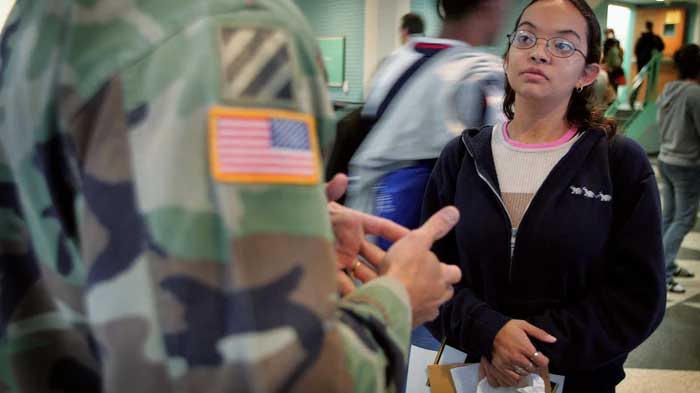Rick Jahnkow / Demilitarize Our Schools -
Legislation has recently been suggested that, among other things, would greatly expand the number of JROTC units and make military recruiting a more explicit, formal part of the program's stated purpose. It's part of the Inspired to Serve Act of 2020, which is being proposed by the National Commission on Military, National, and Public Service (NCMNPS). Below is the JROTC-related language (the commission is also recommending draft registration for women):
SEC. 304. EXPANSION OF JUNIOR RESERVE OFFICERS’ TRAINING CORPS PROGRAM
(a) EXPANSION OF JROTC CURRICULUM.—Section 2031(a)(2) of title 10, United States Code, is amended by inserting after “service to the United States,” the following: “including an introduction to service opportunities in military, national, and public service,”.
(b) PLAN TO INCREASE NUMBER OF JROTC UNITS.—The Secretary of Defense, in consultation with the Secretaries of the military departments (as defined in section 102 of title 5, United States Code), shall develop and implement a plan to establish and support not less than 6,000 units of the Junior Reserve Officers’ Training Corps by September 30, 2031.
(c) AUTHORIZATION OF APPROPRIATIONS.—There are authorized to be appropriated such sums as may be necessary to carry out this section.

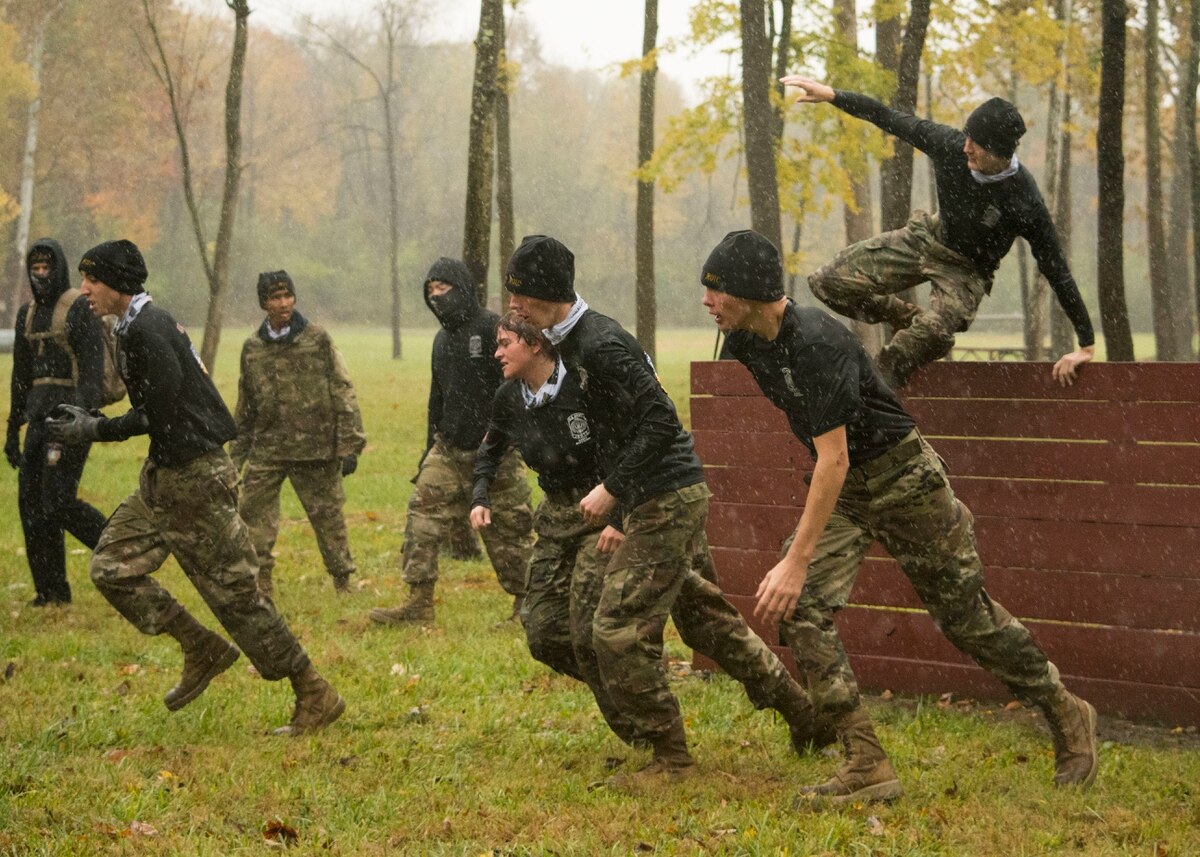
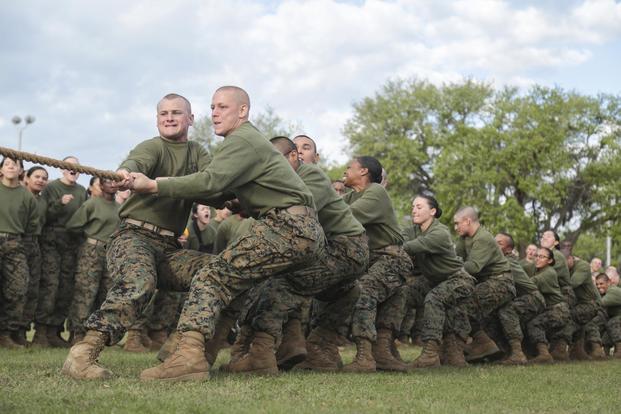
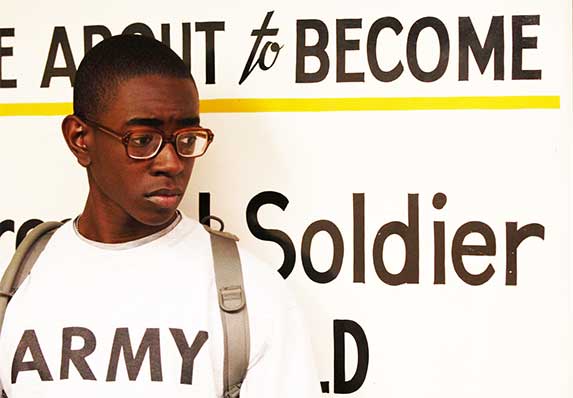 by Rolando Zenteno / Facing South - Since the U.S. ended the draft in 1973, young adults from Southern states* have been
by Rolando Zenteno / Facing South - Since the U.S. ended the draft in 1973, young adults from Southern states* have been 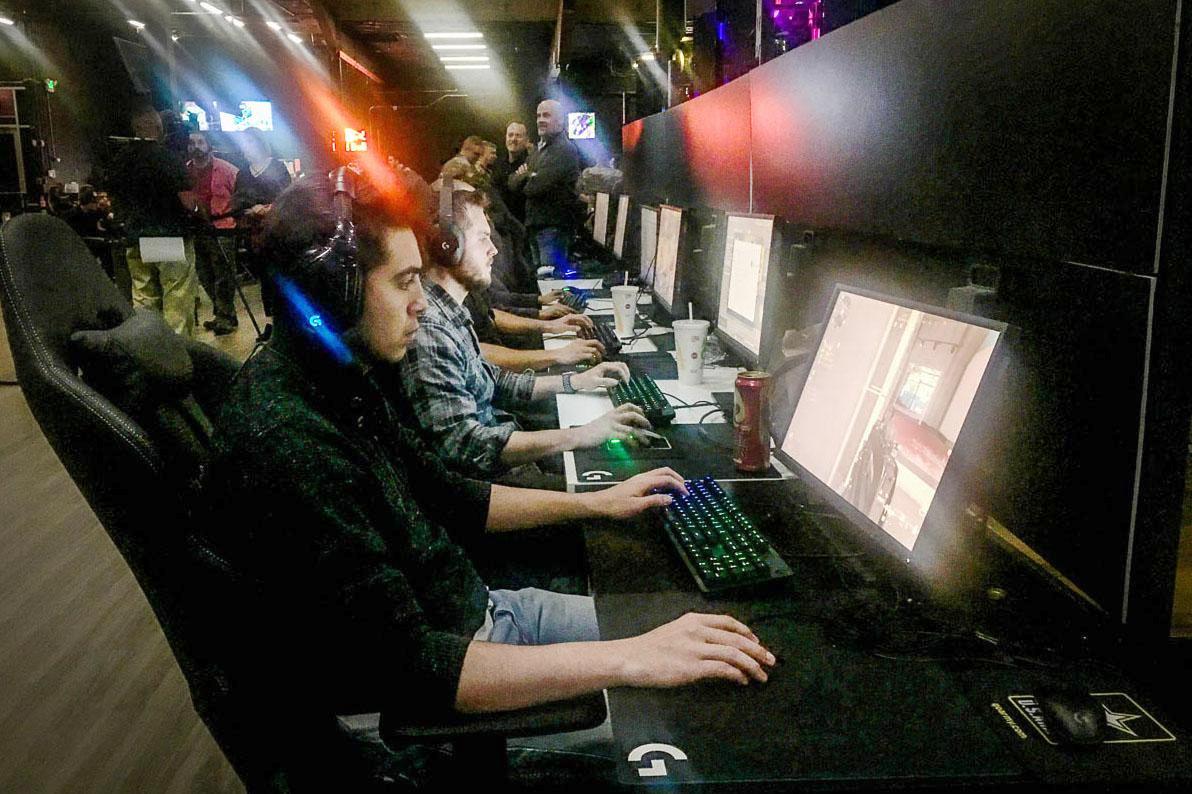 One of the figures hunched over a computer in the darkness huffs in disappointment.
One of the figures hunched over a computer in the darkness huffs in disappointment.
